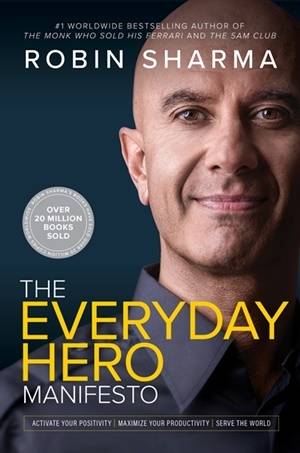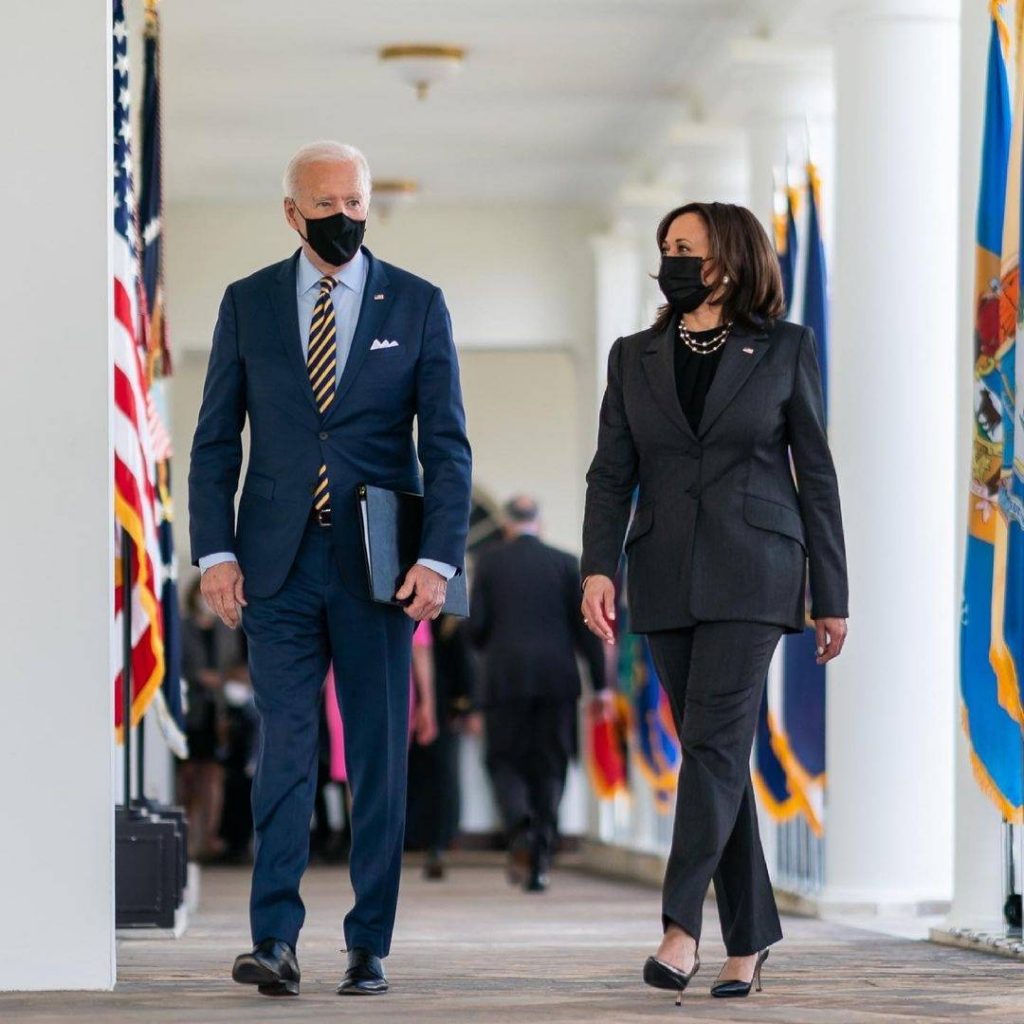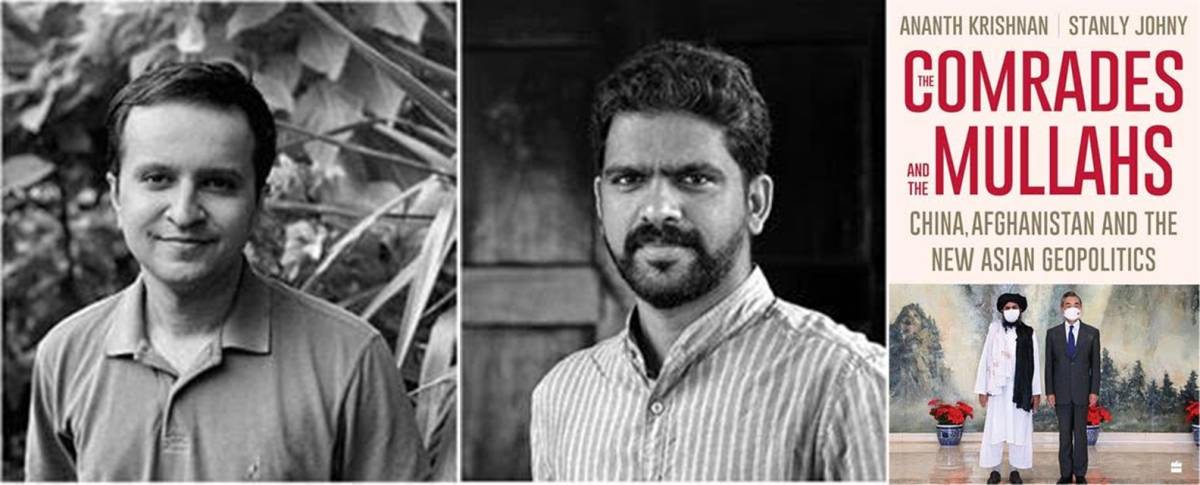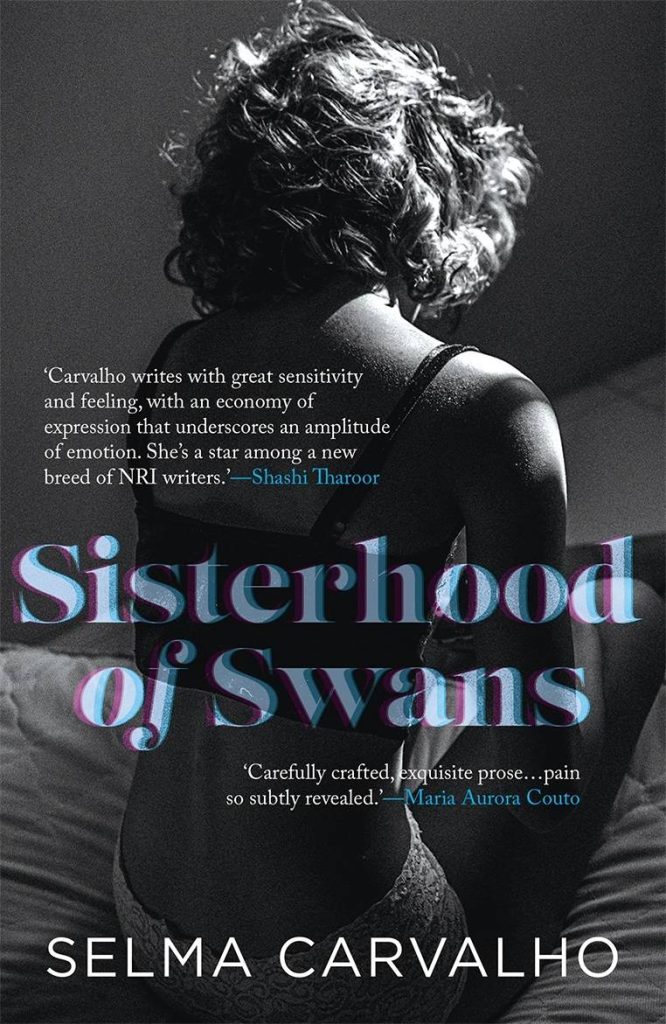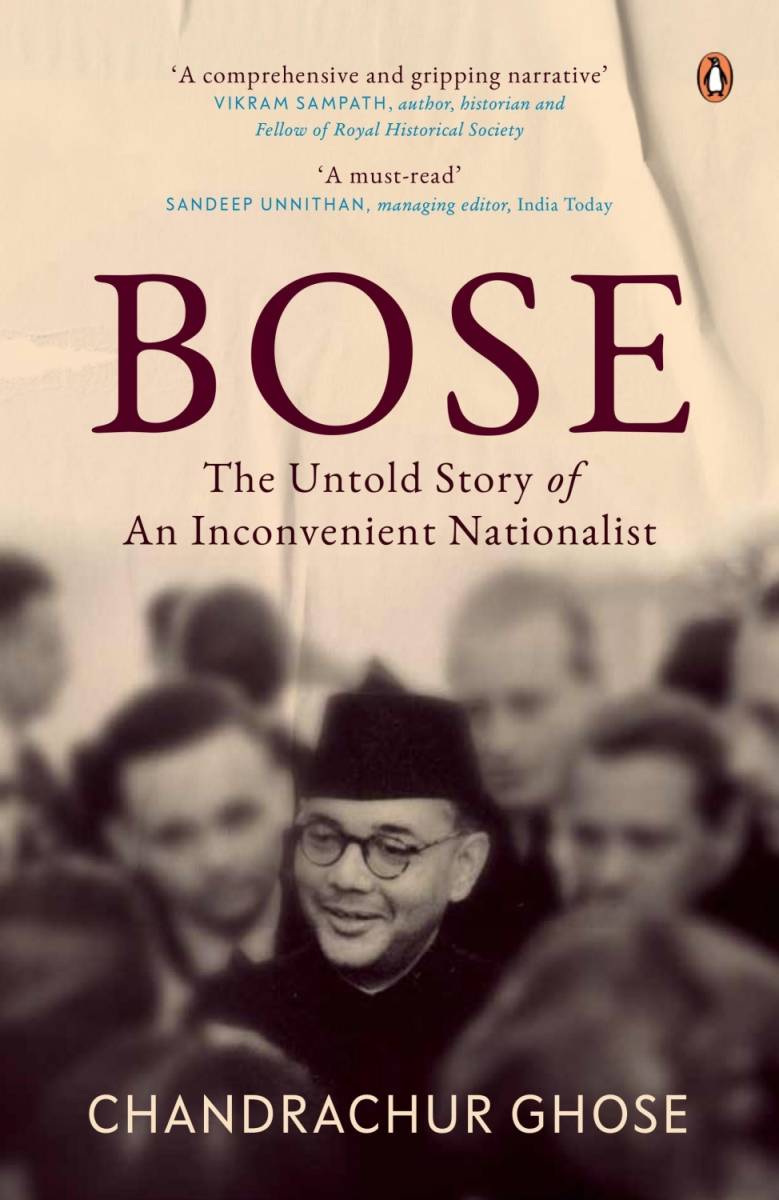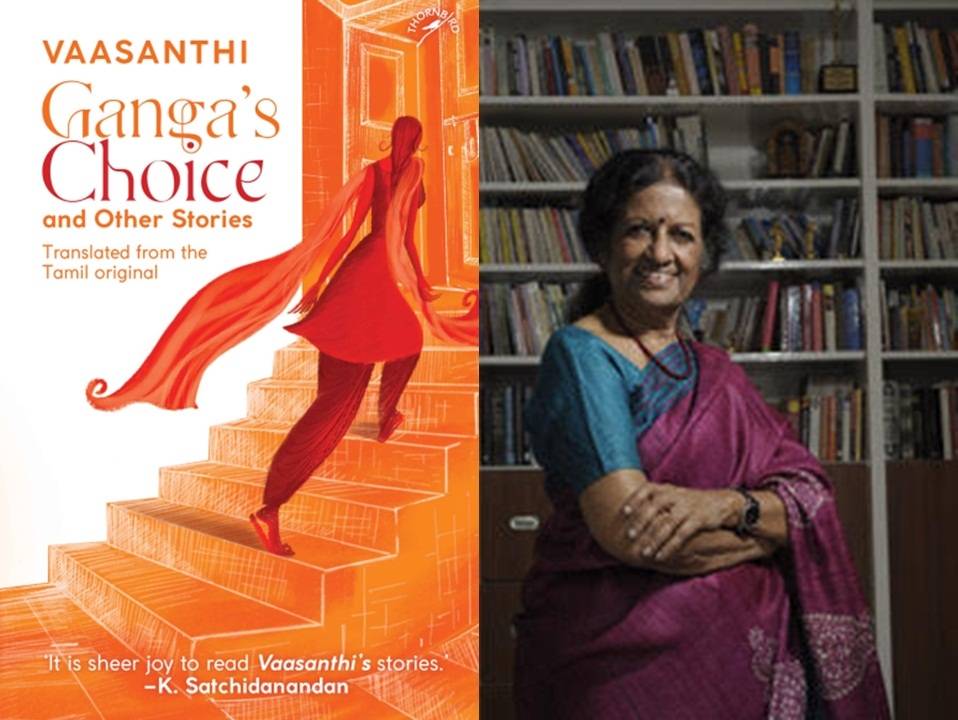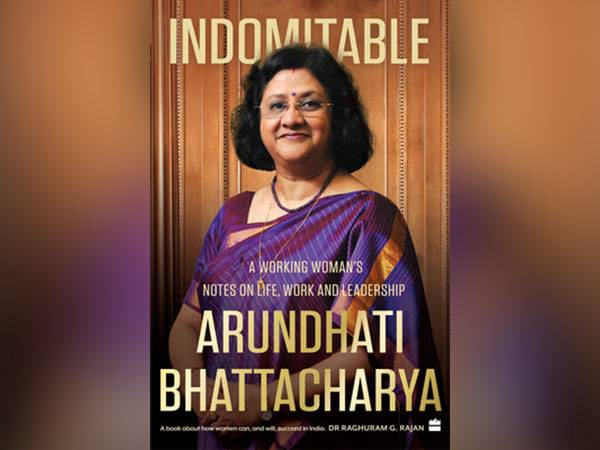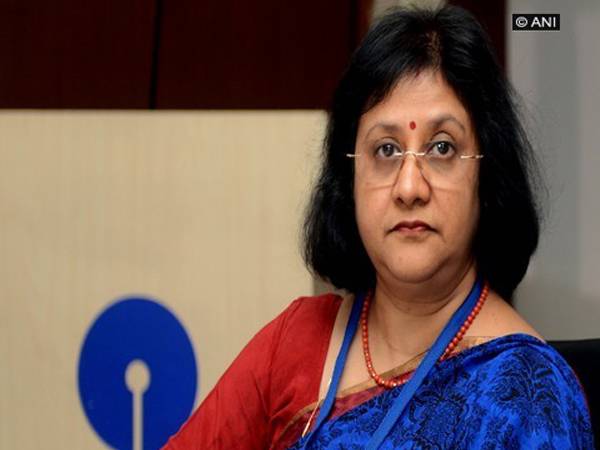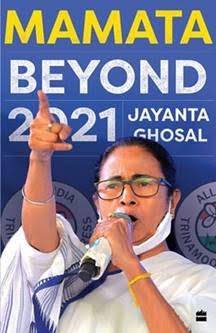Splendid question! One that balances creativity, honest productivity and elite performance with family, peak health, noble values, community service with a lot of joy and fun…Robin Sharma speaks N. Lothungbeni Humtsoe
For over twenty-five years, legendary leadership and elite performance virtuoso Robin Sharma has quietly taught business titans, professional sports superstars and entertainment royalty a revolutionary system that has helped these luminaries translate their highest ambitions into daily results. Now, in “The Everyday Hero Manifesto” -his masterwork- this path blazer has distilled the best principles, protocols and tactics from his mentoring method into a gloriously valuable work that is part playbook for explosive productivity, part instruction manual for leading a world-class life and part universal guide to becoming a spiritual heavyweight that lifts the world.
After the success of over 12 books, Robin Sharma has launched a new one titled “The Everyday Hero Manifesto”.
Robin Sharma speaks about his new book which attempts to transform people’s lives and help them achieve undefeatable positivity, spiritual freedom and undisrupted discipline to get rare-air results in life.
Who do you think is a Hero? What trait defines a Hero for you? Is it the success or the qualities and virtues?
A hero-or an Everyday Hero as I call one in my new book-is a so-called ordinary human who refuses to behave like a powerless victim. Our world tells us that we must be famous and great to be a hero yet there are wider versions of heroism. The baker rises at 5 AM to prepare beautiful goods. The coder who does their work to Beethoven-composed music. The single parent who works super hard to care for their children and yet radiates positivity and goodness. Such souls-too-are heroes. The Everyday Hero Manifesto shares a transformational methodology on how anyone can recode their lives to become far happier, more productive, braver and more peaceful.
A lot of your books are on leadership, wisdom and virtues of life. What inspired you to write a book on heroism?
Great question! Heroism is the root of all success, joyfulness and spiritual freedom. Once we learn the rules and daily habits of heroism, we not only rise in our work, become more confident, enjoy richer days and get beautiful things done, we also reclaim the self-honour that so many of us have lost. Through life’s trials, hurts and busyness.
Discipline happens to be one of the toughest areas to conquer for the current generation. Procrastination is a new-age monster. Your book is an instruction manual for discipline as well. How did you discover this problem that people face?
Yes, the book has a number of key chapters on building world-class discipline so we materialize our promise, make our ethical ambitions real and lead the lives we want, versus being reactive and living our lives like a 5-alarm fire. I should mention that The Everyday Hero Manifesto also explains the science and tactics for rest, renewal and feeling more alive. As I write in the book: “success without soulfulness is an empty victory.” Being self-disciplined is incredibly important to winning yet so is enjoying the process of your life.
I added these chapters on building heroic self-control so we become fitter, stronger and more productive in this world of dramatic distraction and limitless interruption after working with so many clients who have shared that they have mighty dreams yet failed to have the discipline to get them done.
The title The Everyday Hero Manifesto leads me to the word Manifestation. How important do you think is it to wake up every morning and manifest your dreams?
Interesting! I used “manifesto” as the work distils the method, models and protocols from my mentoring of billionaires, sports icons and movement-makers. It’s a complete instruction manual for a soaring life.
Yet, you’re right. We must grow our skills at creating the ideals that speak to the higher angels of our greatest nature. And I do think a great and joy-filled life comes from waking up (early) each morning and spending our days creating success and soulfulness, in a way that feels right to us (rather than on some definition sold to us by society).
Your book The Monk Who Sold His Ferrari was a huge success and loved by all. It’s been 25 years since the launch of that book. Do you think your thought process has changed or evolved in these 25 years?
Absolutely. And I confess to this in The Everyday Hero Manifesto! I’ve grown a lot and experienced so much over these past 25 years (much good and some tragic). I used to believe in the importance of living in such a way so as to leave a legacy, so those who remain after we die will admire how we’ve lived. Now, I believe that worrying about your legacy is a waste of time. Because we’ll be dead! Just a pile of dust, in a colourful urn. The key is to live beautifully while we’re alive.
I also used to believe that to be ultra-productive one must work harder. Now I believe that “elite performance without deep recovery is a fool’s sport.” Rest is not a luxury. It’s a necessity.
Finally, when I wrote Monk, I was very into a super-austere life. While my life is still quite simple and I can be monastic sometimes, I’m more balanced. I enjoy being in the world and savouring its gifts (good food, films and splendid friends) while also tending to my spiritual growth.
You’re an inspiration to many people. Who is your inspiration in life? What quality of theirs do you admire the most?
My mother and my father. My beloved readers from across the planet who model heroism and creativity and kindness daily. Mahatma Gandhi. Jean-Michel Basquiat, Mother Teresa, Martin Luther King Jr., Hedy Lamarr, Madame Curie, Kobe Bryant, Muhammad Ali.
How would you describe a beautiful life?
Splendid question! One that balances creativity, honest productivity and elite performance with family, peak health, noble values, community service with a lot of joy and fun.
ALSO READ-‘Speak out like Kiran’

